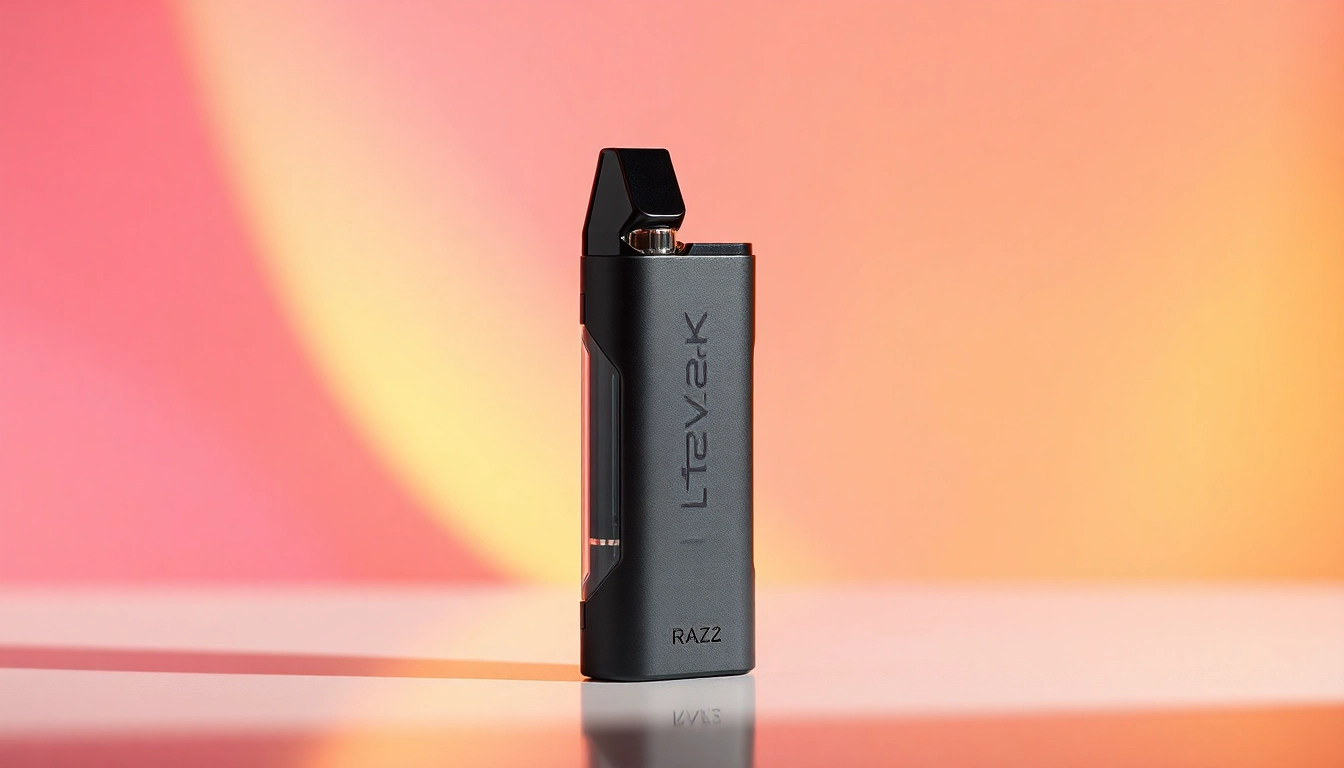
What is a Drug Impairment Test?
Definition and Purpose
A drug impairment test is a systematic evaluation designed to determine whether an individual is affected by the use of psychoactive substances, including illicit drugs and alcohol. The primary goal of a drug impairment test is to assess a person’s ability to perform tasks safely, making it particularly relevant in contexts like driving, operating heavy machinery, or work in safety-sensitive occupations.
The importance of drug impairment testing cannot be overstated. As the use of drugs—especially prescription medications and recreational substances—becomes more prevalent, the need for effective evaluation methods increases. Such tests are essential not only for enforcing legal regulations but also for ensuring workplace safety and public health. For more in-depth methods and technologies in this field, consider exploring drug impairment tests designed with cutting-edge technologies.
Types of Drug Impairment Tests
Drug impairment tests can be categorized into several types based on the methodology employed. The most common types include:
- Field Sobriety Tests (FSTs): Often used by law enforcement, these tests involve a series of physical and cognitive tests that assess balance, coordination, and the person’s ability to follow instructions.
- Standardized Field Sobriety Tests (SFSTs): These are a set of three standardized tests that are observationally scored. They include the Horizontal Gaze Nystagmus (HGN), Walk-and-Turn, and One-Leg Stand tests.
- Drug Recognition Evaluations (DRE): A comprehensive evaluation performed by trained officers to assess driver impairment due to drugs. This assessment includes a series of physical tests, a review of the subject’s medical history, and the examination of physiological indicators.
Legal Implications of Testing
The legal landscape surrounding drug impairment tests is complex and varies significantly by jurisdiction. In many states, refusal to undergo such testing can result in legal penalties, including fines and the suspension of driving privileges. Employers who allow drug use in the workplace must establish clear policies that outline testing procedures, consequences for failure, and the rights of employees.
Additionally, understanding the legal ramifications of drug use in both private and public sectors can help protect employers from potential lawsuits arising from workplace accidents or negligent hiring practices. Legal precedents surrounding drug testing highlight the necessity of clear communication and transparent processes regarding testing protocols.






